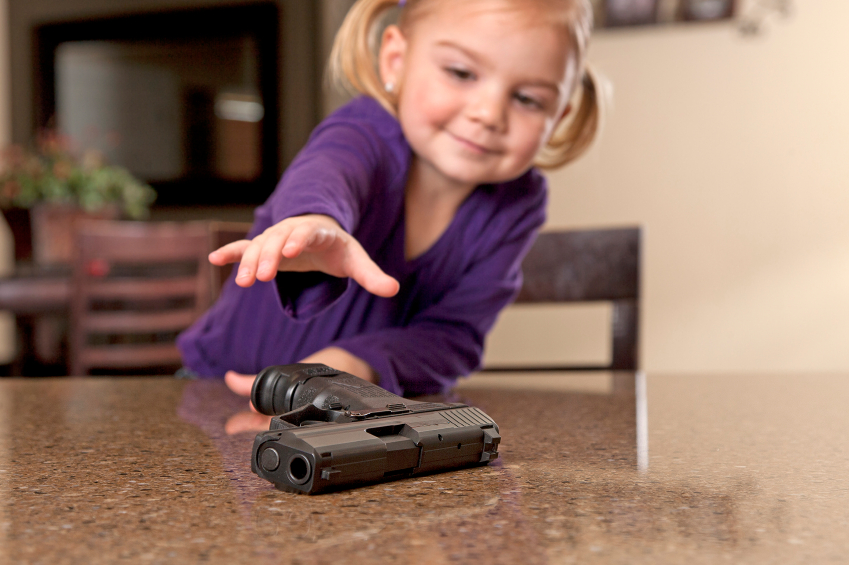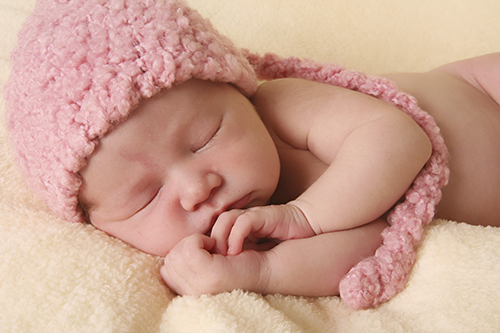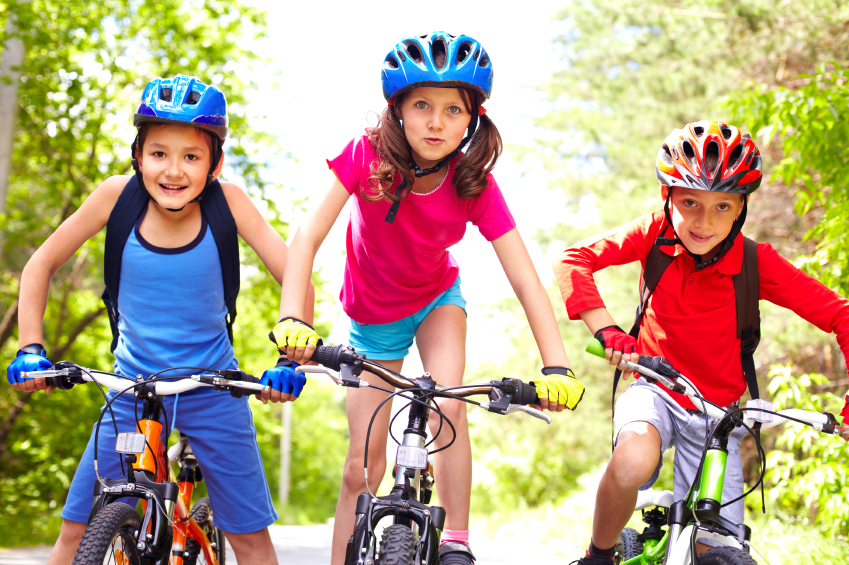
As the weather warms up, our kids will be spending more time outside. While that means more fun, physical activity and play time, it unfortunately also means more chances for mosquito bites, ant bites, as well as wasp and bee stings. Don’t let all these little critters deter your child from having fun.
Prevention
The best way to stop these critters from causing bites to your child is with prevention.
Reduce the population of mosquitos in your own yard by eliminating areas such as small puddles or birdbaths that contain standing water where mosquitos love to breed. Also, try to avoid being outside for long periods of time during dusk and dawn, when the highest prevalence of mosquitos occurs. Using insect repellent can be helpful, but remember to use sparingly if it contains DEET and only in infants older than 6 months. The American Academy of Pediatrics recommends that repellents used in children have 30% DEET or 5-10% picaridin repellent, applied once before going outdoors. Only apply the repellent again if you child seems to be getting bitten by insects. If applying sunscreen as well, remember to apply the sunscreen first. These repellents are only effective in preventing bites by mosquitos, ticks, fleas, chiggers, and biting flies. They have virtually no effect on stinging insects such as bees, hornets and wasps.
Unlike mosquitos, which actively seek out humans for food, bees and wasps don’t want to hurt you. Unfortunately, they really hurt if your child gets stung. Try to avoid hanging out where they like to be. Bees tend to congregate near flowers and trash cans looking for food. Wasps may be near the pool where they seek water. Bees are often attracted to bright-colored clothing, so consider loosely fitting, long-sleeved and light-colored clothing. Closed-toed shoes will protect toes/feet better from bees and wasps on the ground, as well as against ants. Clothing will reduce your need for insect repellant as well. Stinging insects are also attracted to scents – from soaps, perfumes, lotions.
After the Bite/Sting
Your child’s reaction to a bite or sting will depend on their sensitivity to the particular venom. Most insect or spider bites cause only minor redness, swelling, pain and itching at the site of the bite. These mild reactions can last from a few hours to a few days. For these minor reactions most treatment can be done at home. To help stop the swelling, pain and itching, apply an ice pack. If they are stung by a bee or wasp, make sure to remove the stinger as quickly as possible to prevent further reaction. If the stinger is visible, it can be removed by scraping it off horizontally with a credit card or your fingernail. Do not use tweezers as this may release more venom into the skin.
It is common for the skin to be a little bit more swollen on the second or third day after a bee sting, fire ant bit, spider bite or mosquito bite. Fire ant bites have a tendency to look very pus-filled within 1-2 days as well, but do not tend to be truly infected. To help relieve any itching symptoms, you can apply a small amount of hydrocortisone 1% ointment to each mosquito bite if there are less than 5 lesions. If there are a large number of bothersome bites or they are more widespread, then it might be better to give your child the recommended dose of Benadryl by mouth.
Some areas tend to swell more than other: around the eyes, cheeks, ears hands/feet especially. This may be dramatic and rather frightening looking. We would be happy to take a peek if you’re worried.
Signs of Infection
To reduce the chances of an infection from scratching, keep your child’s fingernails short and clean. If an infection does occur, the bite will become redder, larger and more swollen and possibly painful to touch, generally more than 2 days after the bite/sting. You may also notice some yellowish discharge or red streak marks from the area. You child may also have a fever. If this happens, contact our office right away for further care and treatment.
Possible Severe Allergic Reaction
If after any bite or sting there is any severe lip swelling, eyelid swelling, wheezing or difficulty breathing, contact our office immediately or go to the closest ER for prompt treatment. If the symptoms are severe or you are concerned, please call 911.





About The Author: Dr. Christine Fyda
More posts by Dr. Christine Fyda